These UK native wildflower plants are classed by the Royal Horticultural Society (RHS) as being "Perfect for Pollinators" for their outstanding support for bees and butterflies, providing both pollen and nectar food source as well as winter nesting habitat.
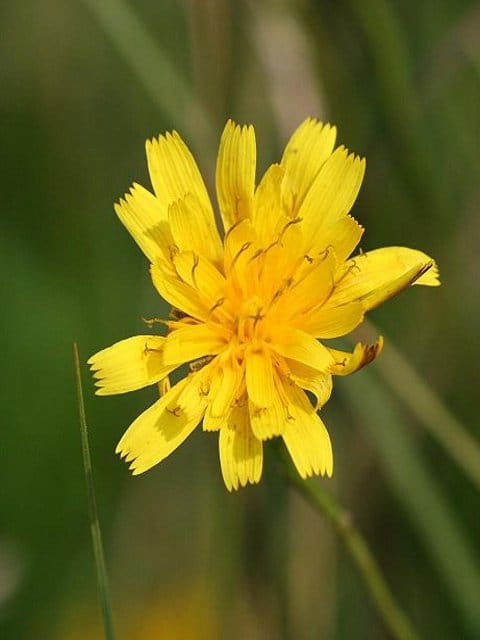
A perennial with dandelion-like flowers and seed heads. A good showy meadow subject. The seeds are a magnet for Finches.
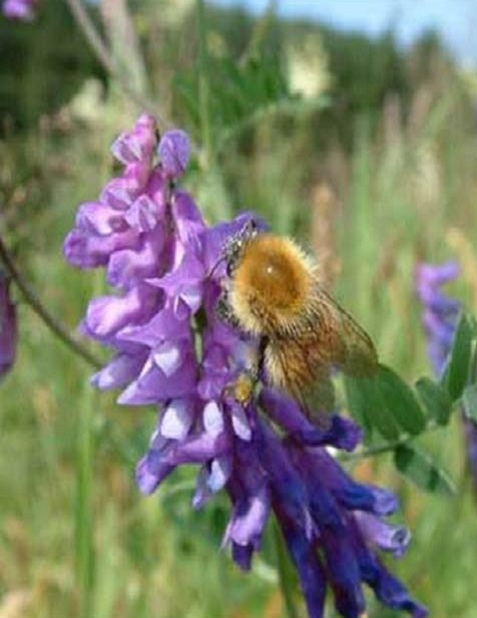
If you are trying to encourage bees the Bee wildflower plant collection is the one your looking for. This plug plant collection contains a minimum of 10 species available from our range and provide an excellent food source for bees.
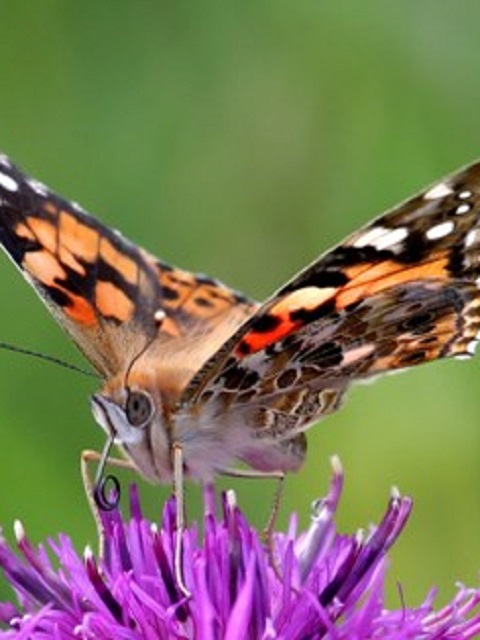
This selection of plants will attract butterflies into your garden, you'll receive a minimum of 10 species of plugs plants from the list. Your collection will capture the small purple flowers of Field scabious to the light scent of Musk mallow.
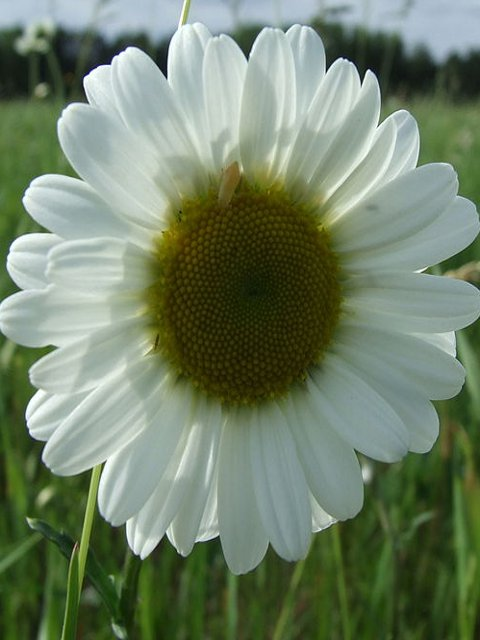
The Chalk and Limestone plug plant collection is made up of a minimum of 10 species from the list below and is made up of the specie you would expect to find in natural chalk and limestone meadows. This collection will blossom in the most chalky, calcareous soils.
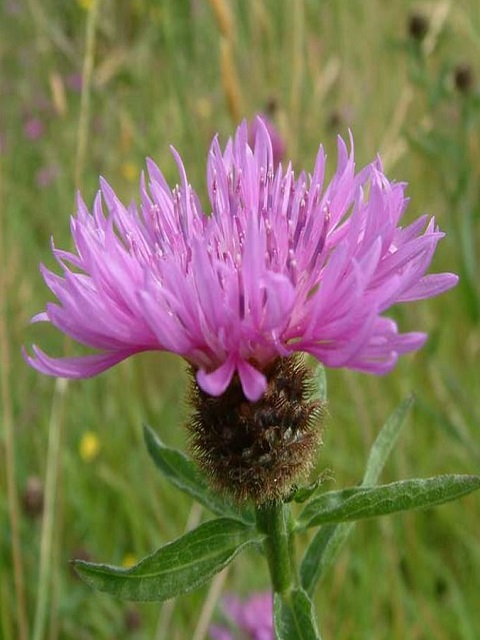
When ordering this Clay soil plug plant collection you will receive a minimum of 10 small plugs that are specifically picked for soils that dry out during the summer and retain water during the winter. This beautiful collection of plants will help you create the perfect meadow in areas of poor drainage.
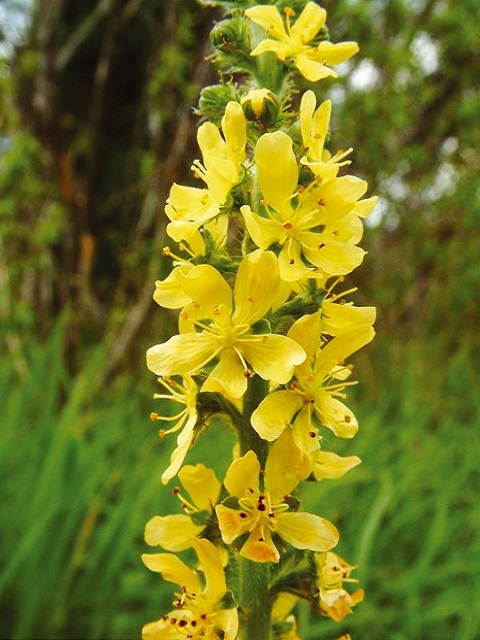
The Common agrimony plant is known as church steeples, good for a sunny border. It has slender tapering spikes of yellow, star-shaped flowers and finely cut leaves. As well as luring and other pollinators, wild birds struggle to resist!
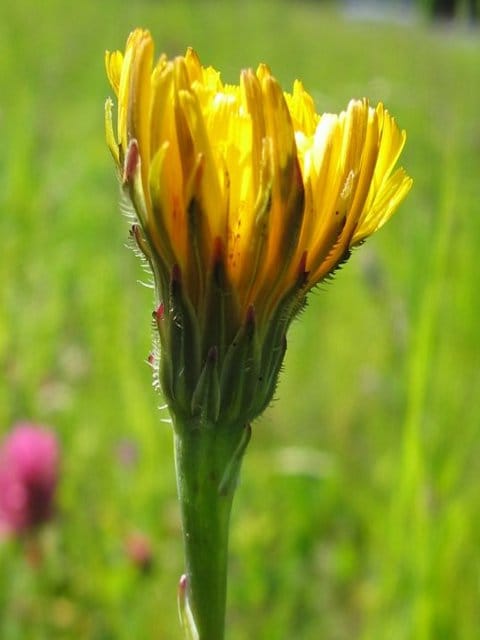
This perennial makes a good meadow component with its rich yellow flowers and dandelion-like seed heads.
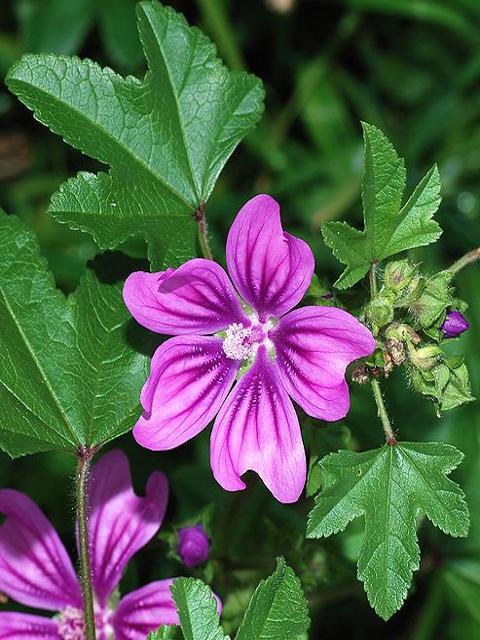
Common mallow is a very ornate, tough plant with an abundance of pink/purple flowers. To get the best from this pretty plant place in full sun and in well-draining soils.
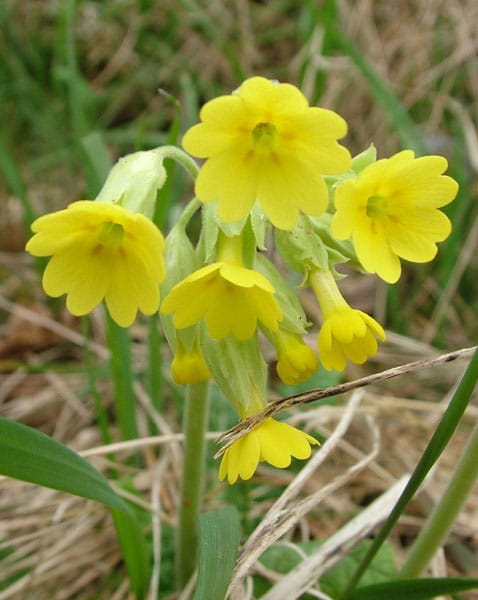
A beautiful native perennial wildflower plant growing in grassland and meadows. The deep yellow flowers are grouped on upright stalks growing from rosettes of crinkled leaves. Cowslip wildflower plants are a good nectar source for butterflies and bees. Cowslips are the food plants of the caterpillars of the Duke of Burgundy Fritillary.
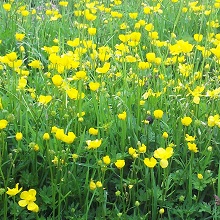
An invasive buttercup found in damp places on grassland, along woodland and field edges with its yellow flowers about 2cm across and hairy leaves which are divided into three lobes with rough edges. This bright, golden-cupped flower is a childhood favourite: if a yellow reflection appears when it is held up to the chin, it is considered as a sign that the person likes butter.

Dandelion is a perennial, a golden blaze in the May meadows and banks. Basal rosettes of leaves deeply lobed or toothed (dent de lion), flowers are composed of bright yellow ray - florets.
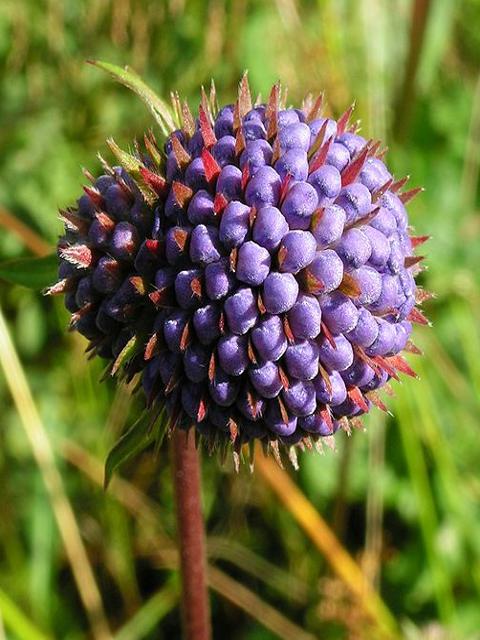
A tall native perennial common throughout Britain in marshes, meadows, roadsides and damp woods. Mauve to purple wildflower heads on slender stems from June to October attracts bees and butterflies. These are the food caterpillars of the Marsh Fritillary.
This item is currently unavailable
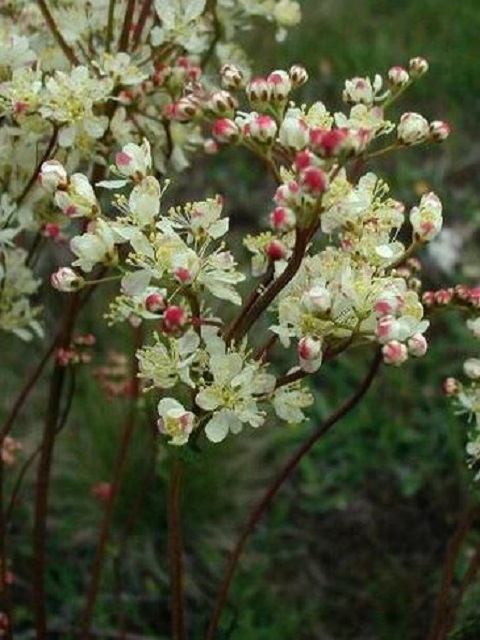
A perennial with fern-like leaves and foamy cream flowers opening from pink buds, emitting a robust, delicious smell. Dropwort can tolerate the drier conditions to partial shade, this plant is also known as Lady's Belt, Little Queen and Meadowsweet.
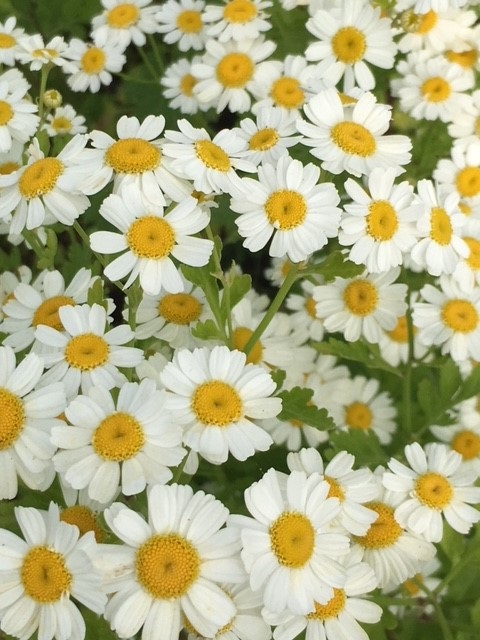
This perennial plant with bright daisy-like flowers that are excellent in full sunlight and have been admired for their medicinal values. Feverfew is known for the strong scent that is given off when the flowers are in bloom.
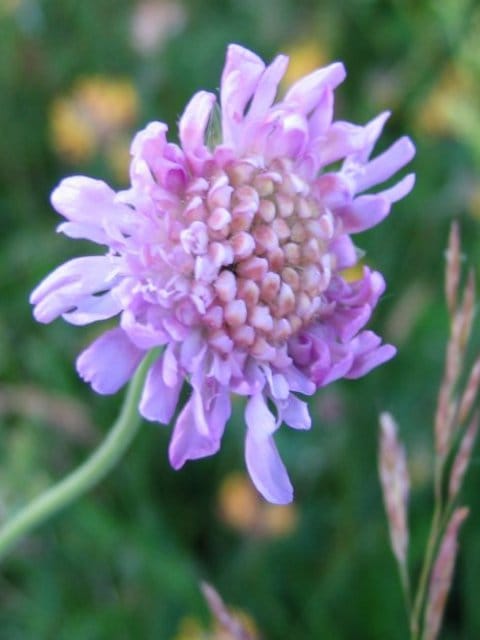
A tall native perennial wildflower plant with hairy stems found in grasslands across Britain. An individual Field Scabious wildflower plant can have as many as 50 purplish-blue wildflowers on it at a time. It is very attractive to wildflower butterflies.
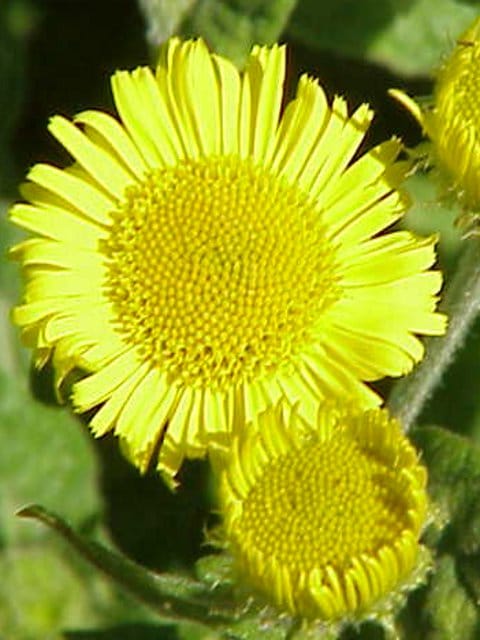
Native perennial wildflower plant common in marshes, ditches and wet meadows. Rare in Scotland. Upright woolly wildflower plant with clusters of gold flowers during August and September.
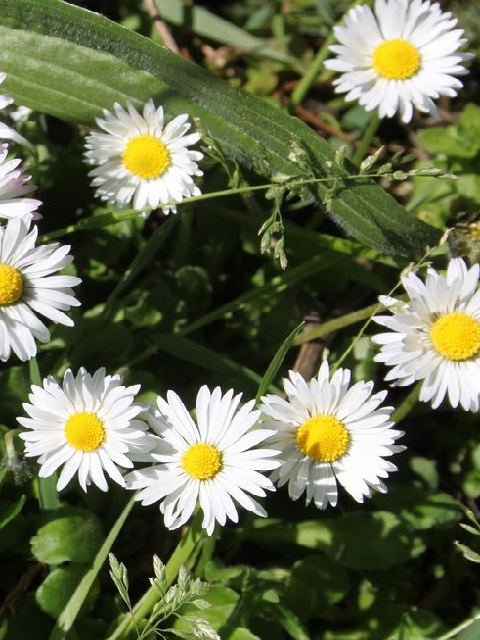
The selection of Flowering lawn wildflower plants that you will receive in this collection contain a variety of species which can tolerate close mowing down to a height of 5cm. This collection is ideal to be included in flowering lawns or road verges.
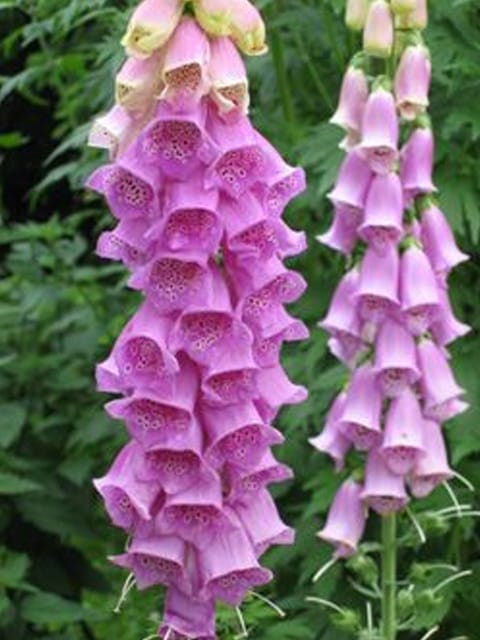
A native biennial is occasionally perennial, common in woodland leering, hedgerows and heaths. The Foxglove wildflower plant has tall spikes of pinkish-purple bell-shaped wildflowers. The wildflowers are pollinated by bumblebees.
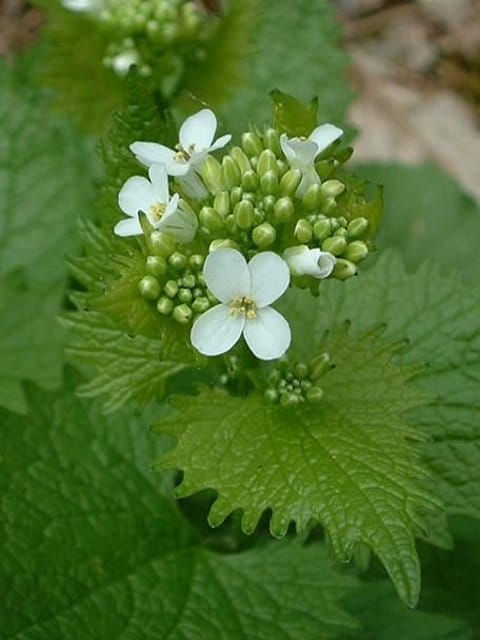
A hairless biennial that smells of garlic when crushed, leaves are toothed and heart-shaped, with long-stalked with white flowers.
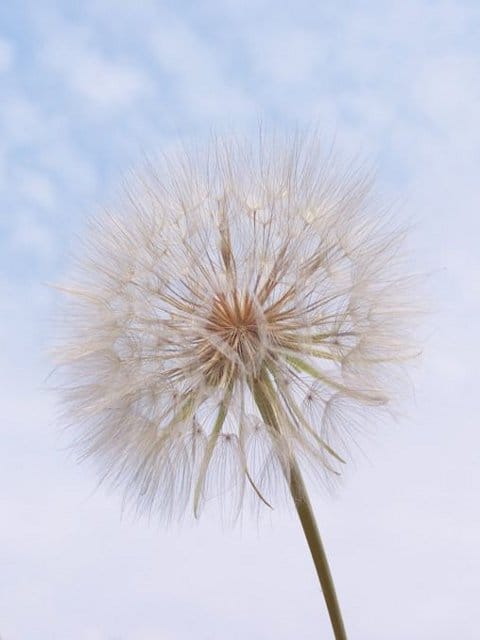
A perennial with yellow dandelion flowers followed by impressive seed heads, that bloom in the early morning sun but shy away after midday. This plant grows nearly a meter tall and is attractive to birds.
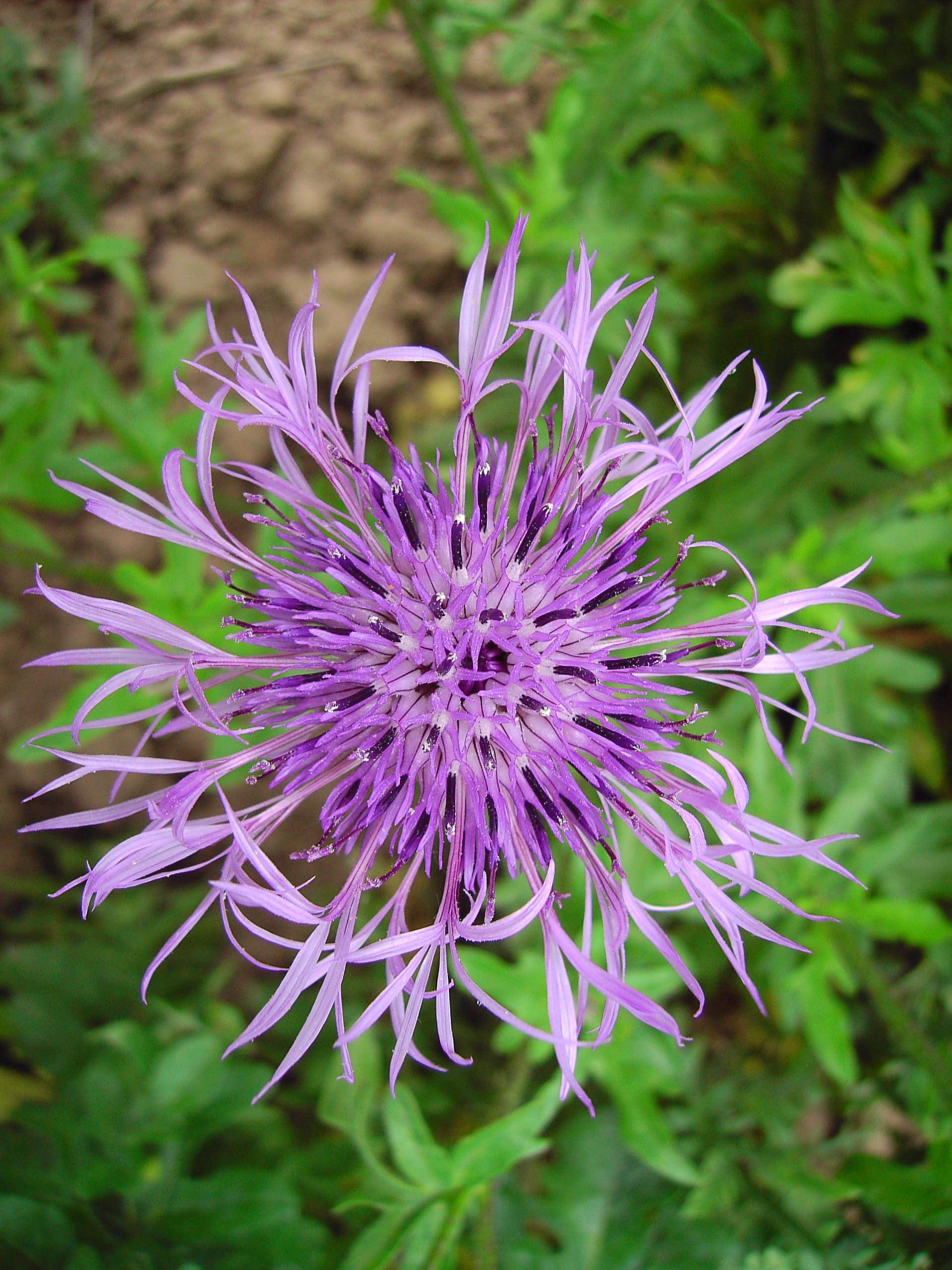
A native perennial wildflower plant, common on dry grassland, roadsides and hedgerows, especially on chalky soils. Reddish purple thistle-like flowers on long stalks are produced from July to September.
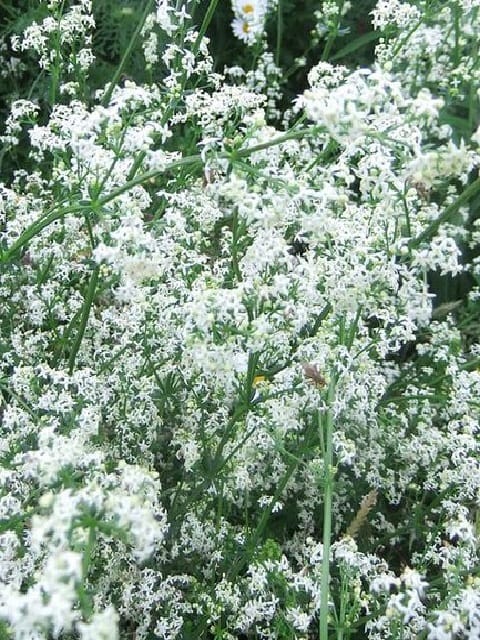
A scrambling wildflower plant is found in hedgerows and woodland but can also be found in open grassland. Tall white spikes of tiny star-like wildflowers attract butterflies and moths. It is a perennial and the larval food plant for a number of moth species.
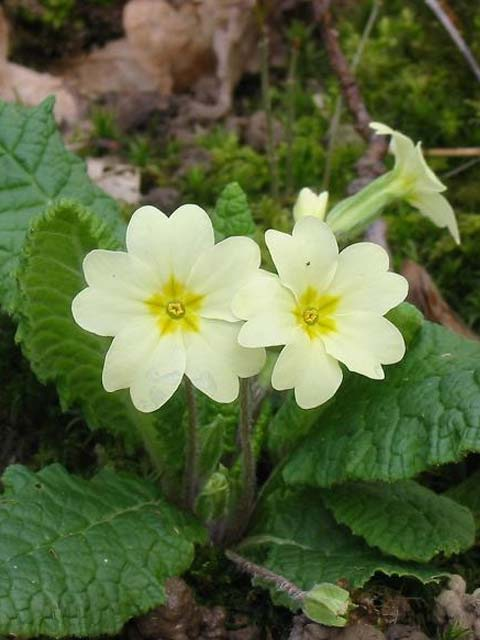
This collection of plugs have been designed to flourish in full sun and in partial shade. You will receive 10 specie of wildflowers plugs that will succeed regardless of where you position, these plants will grow with fragmented sunlight either side of your hedge.
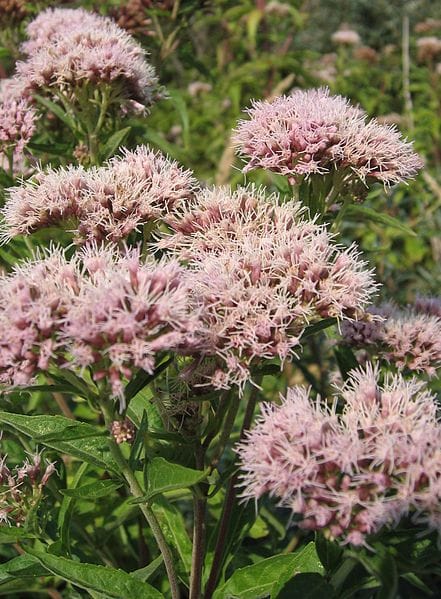
A tall stately perennial plant with masses of white-pink flowers, an excellent butterfly plant attracting large numbers in late summer. Once cut a distinctly sweet aroma can be detected.
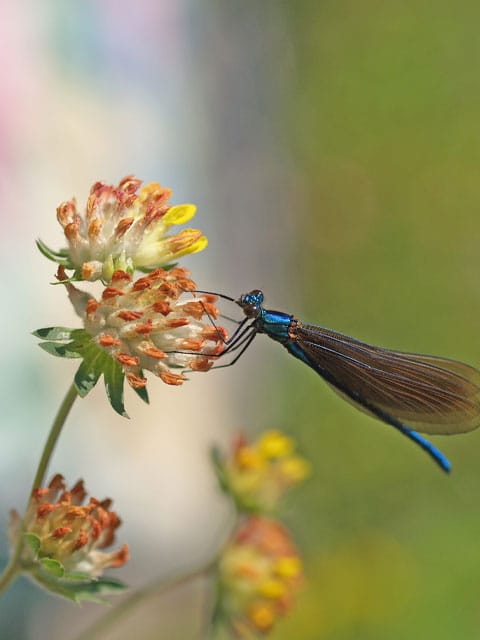
A scrambling biennial wildflower is found in dry grassland often by the sea. The unusual yellow woolly flowers attract a multitude of butterflies and bees and it is the larval food plant for the Small Blue Butterfly.
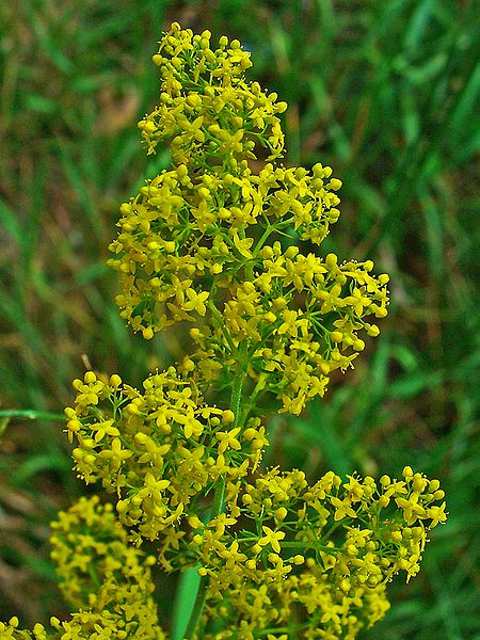
Lady's bedstraw is a perennial plant used in Victorian times to scent bedding. Delicately whorled leaves and bright golden. The beautiful sweet scent in high summer.
This item is currently unavailable
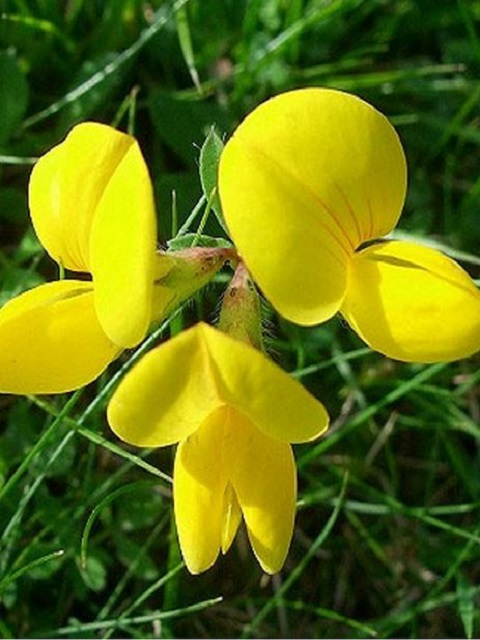
The Long Season Meadow plug plant collection is suitable for a wide range of soil types. Once this collection is established it will provide an assortment of wildflowers carefully selected to provide flowers for the whole season.
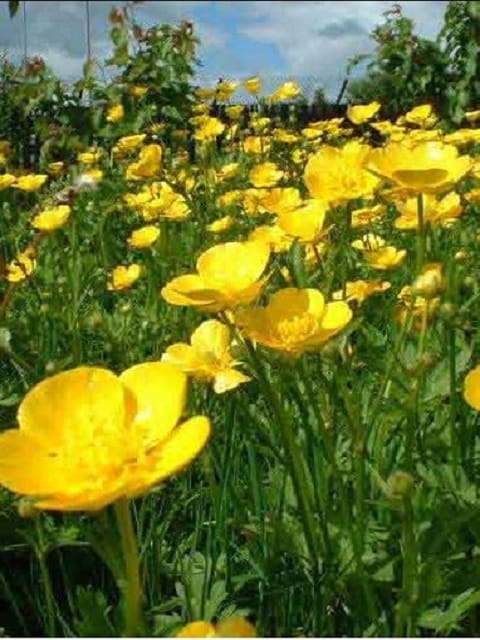
The most majestic of the three common Buttercup species native to Britain. Its pale yellow flowers are a familiar sight in traditional meadows and grasslands on damp soils. There is a species of Solitary Bee, which uses the flowers to sleep in.
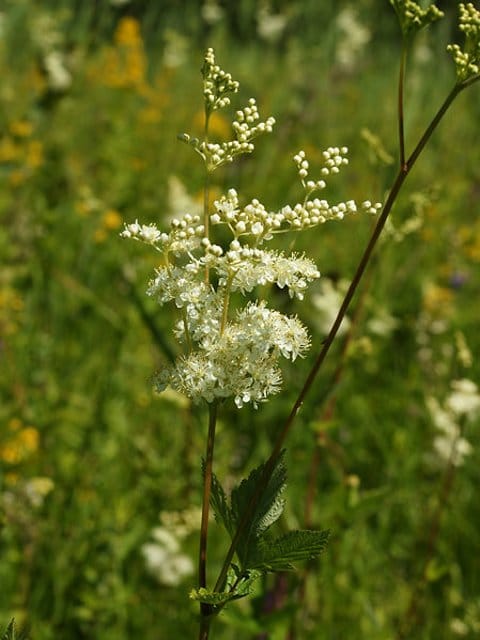
A common tall perennial found in damp meadows, ditches and river banks. Its fluffy cream flowers have a strong, heady, sweet aroma. In medieval times the plant was crushed and used as a pain relief as the chemicals it contains are similar to aspirin.
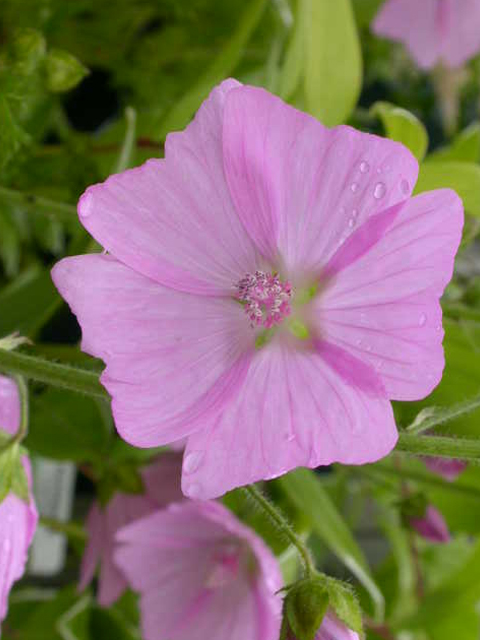
This perennial wildflower has beautiful, pretty pale pink flowers which are adored in all gardens and have a strong musky aroma, these are most suited to areas with full sun and well-drained soils.

Landlife Wildflowers grow and supply high-quality, native wildflower products, restoring wildflowers right across the UK. Working in conjunction with wildlife charity, Buglife, we’re bringing back Britain’s treasured wildflowers! Find out more about why we’ve been trusted by the general public, Natural England and The National Trust for over twenty years.

We’re proud to supply only the highest-quality, native wildflower products - tried, tested and refined by us for two decades to ensure each and every customer is delighted with their purchase. Find out more about our commitment to the supply of native, provenance-assured wildflower products to restore Britain’s natural wildflower habitats for bees, butterflies, birds and wildlife.

If you have any questions or would like to get in touch, our team of wildflower experts are on hand to guide you every step of the way. We love talking about wildflowers and the quality of our products, and are pleased to help with any enquiry, including how to establish wildflowers, product recommendations and even creating custom mixtures for specific projects.